I recently came across yet another post on one of the national sites for real estate investors, BiggerPockets, about “unethical” practices by wholesalers. There are a lot of wholesalers out there that provide a valuable service to those investors that either don’t have the time to find their own deals, or don’t want to do all of the marketing involved to find them.
The person writing the article had some very valid points, so I decided it was time to write a post about wholesaling “do’s and don’ts”.
The basis of this article was that a real estate investor had a house he was trying to wholesale. Then several other wholesalers came along, raised the price each time and tried to flip the same contract. I’m not really sure how they thought that was actually going to work, but I’m pretty sure these weren’t experienced wholesalers. I have said it before and I will say it again; you live or die in this business by your reputation. It takes time to build a good reputation, but it can be lost in the blink of an eye.
What IS a good deal?
This is where I see the most mistakes made. When you are brand spanking new you just don’t really know what a good deal is. This leads some folks to make some pretty big mistakes. Not only do you instantly lose your credibility, you may even be wrongly accused of being unethical. I say “wrongly accused” because, you probably didn’t intend to do something that was unethical; you just made a mistake based on inexperience and possibly trying to make what they see as some “easy money” or a “quick buck”.
Take some time to learn what properties are really selling for in the areas where you intend to work.
Know Your Numbers
It’s easy for anyone to make a mistake with this one, especially if you are inexperienced.
As a general rule, whatever you think the repairs will cost, they will cost more. So make that number a little higher. I always allow a little more for repairs than I think will be needed. There will always be unexpected “surprises”.
Look at the ARV and once you think you have this one figured out, back that number down a little. Be conservative with the ARV. Look at what other investors are paying for houses in the area. This will be a good indication of what you will be able to sell the property for to another investor.
If you make a mistake with one of these numbers and your house isn’t selling, “man up and say you made a mistake”. Send out another email to your list and tell them the price is reduced and tell them why. The one thing you don’t want to do is to consistently (and knowingly) over-price your properties just to see if you can get more and then reduce the price.
Build Relationships with Other Investors
Everyone needs mentors; it doesn’t matter what level you are at. Most of the best coaches in the business have coaches themselves. Get to know the other people in your niche so you can call them when you have a question or a problem. If you aren’t sure about something, pick up the telephone and call one of these folks. Getting and honest opinion is one of the best things that will ever happen to you.
Here is the complete article that was on Bigger Pockets for you to read. This is a great example of what wholesalers shouldn’t do. Don’t do this!
Read the complete article here.
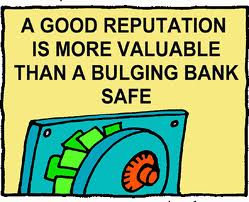
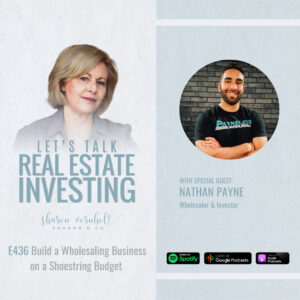
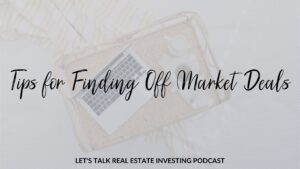
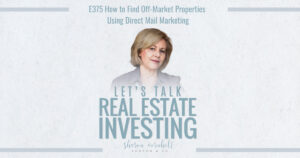
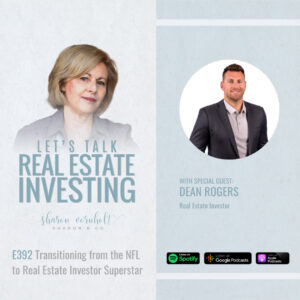
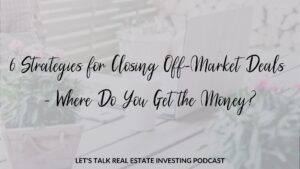
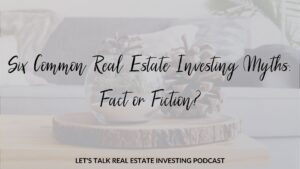
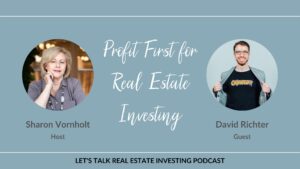
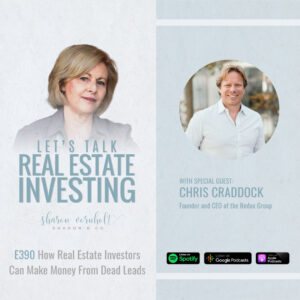

Jon – You are absolutlely right. I love that; the yellow ones. Thanks for stopping by and leaving a comment.
Yeah, you always need to be aware of the red flags before pulling the trigger on anything. Usually the red flags are pretty obvious – its the yellow ones that give me the most trouble!
Terry – It’s really sad to say, but not all real estate investors do business the way they should.
Thanks for sharing that article. I like that it shows how to identify red flags to watch for when buying wholesale properties.